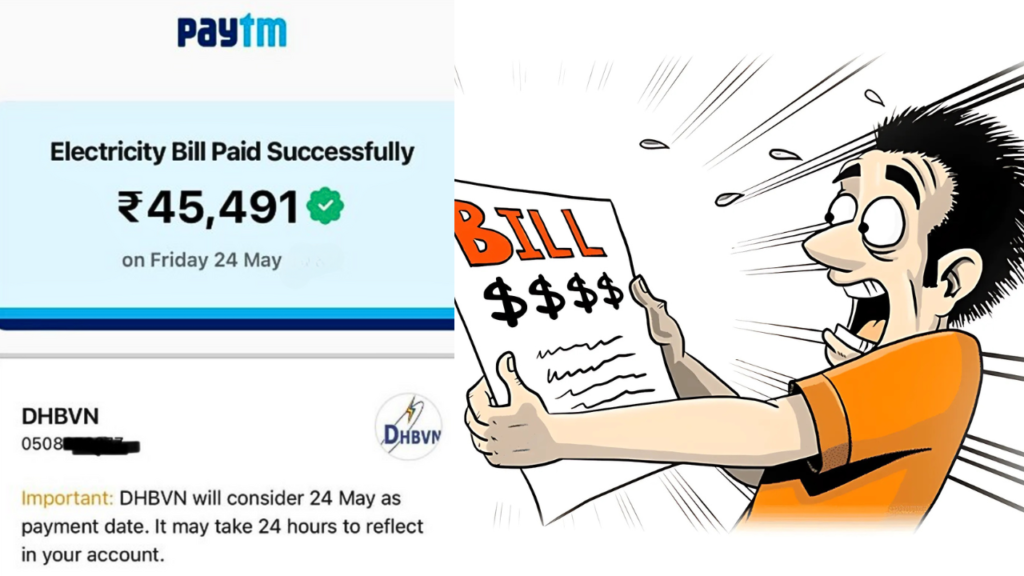Tax deductions are crucial in reducing taxable income and ultimately lowering the tax burden for individuals. The Indian Income Tax Act provides several deductions under different sections, among which Sections 80C, 80D, and 80E are among the most commonly used by taxpayers. These sections allow deductions for investments, insurance premiums, and education loans, helping taxpayers save money while planning for their future financial needs. This article provides a detailed breakdown of the deductions available under these sections and how individuals can maximize their benefits.
Section 80C: Investments and Expenses for Tax Savings
Section 80C of the Income Tax Act allows individuals and Hindu Undivided Families (HUFs) to claim deductions of up to ₹1,50,000 from their total taxable income by investing in specified financial instruments and expenses. The key eligible deductions under this section are:
1. Life Insurance Premiums
- Premiums paid for life insurance policies for self, spouse, or children are eligible for deductions.
- The premium should not exceed 10% of the sum assured for policies issued after April 1, 2012, and 20% for policies issued before this date.
2. Employees’ Provident Fund (EPF) and Public Provident Fund (PPF)
- Contributions to EPF and PPF accounts qualify for deduction under Section 80C.
- PPF investments have a 15-year lock-in period and provide tax-free returns.
3. National Savings Certificate (NSC)
- The amount invested in NSC is eligible for deduction.
- The accrued interest is taxable but is considered a fresh investment in the subsequent years, making it eligible for deductions.
4. Fixed Deposit (FD) in Scheduled Banks
- Tax-saving fixed deposits with a lock-in period of 5 years are eligible for deductions under 80C.
- Interest earned is taxable.
5. Equity-Linked Savings Scheme (ELSS)
- ELSS mutual funds offer potentially higher returns and a lock-in period of 3 years.
- This is the only investment under Section 80C that provides exposure to the stock market.
6. Principal Repayment of Home Loan
- The principal amount repaid on a home loan is eligible for deduction.
- However, if the property is sold within 5 years, the deductions claimed will be reversed.
7. Tuition Fees for Children
- Tuition fees paid for up to two children for full-time education in India are eligible for deduction.
8. Sukanya Samriddhi Yojana (SSY)
- Investments made under the SSY scheme for a girl child are deductible under Section 80C.
- Interest earned is also tax-free.
Section 80D: Deductions for Medical Insurance Premiums
Section 80D allows taxpayers to claim deductions on health insurance premiums paid for themselves, their families, and their parents. The maximum deduction limits under this section are:
1. Self, Spouse, and Dependent Children
- Individuals can claim up to ₹25,000 for insurance premiums paid for themselves, their spouses, and dependent children.
- If the insured person is a senior citizen (above 60 years), the deduction limit increases to ₹50,000.
2. Parents’ Health Insurance Premium
- An additional deduction of ₹25,000 is available if parents are below 60 years.
- If parents are senior citizens, this deduction increases to ₹50,000.
- If both the individual and parents are above 60 years, the total deduction can be up to ₹1,00,000.
3. Preventive Health Checkups
- A maximum deduction of ₹5,000 is allowed for preventive health checkups within the overall limits.
4. Deduction for Uninsured Senior Citizens’ Medical Expenses
- If senior citizens (above 60 years) do not have medical insurance, they can claim deductions of ₹50,000 on their medical expenses.
Section 80E: Deductions on Education Loans
Section 80E provides deductions on interest paid for education loans taken for higher education. The main features of this deduction include:
1. Eligibility for Deduction
- The deduction applies to individuals who have taken loans for higher education for themselves, their spouses, or children.
- The loan must be taken from a financial institution or an approved charitable organization.
2. Scope of Deduction
- Only the interest component of the loan is eligible for deduction, not the principal repayment.
- There is no upper limit on the amount of interest deduction, meaning the entire interest paid can be claimed as a deduction.
3. Deduction Period
- The deduction is available for a maximum of 8 years or until the interest is fully repaid, whichever is earlier.
Maximizing Tax Savings Using These Deductions
By effectively utilizing Sections 80C, 80D, and 80E, taxpayers can significantly reduce their taxable income. Here are a few strategies to optimize tax savings:
- Combine different sections: Taxpayers can claim deductions under 80C for investments, 80D for health insurance, and 80E for education loans, maximizing their overall tax benefit.
- Invest in tax-efficient instruments: Choose options like ELSS, PPF, and SSY, which offer long-term tax benefits.
- Pay health insurance premiums for parents: If you are paying your parents’ health insurance premium, you can claim an additional deduction of ₹50,000.
- Take education loans for higher studies: If you or your family members are planning to pursue higher education, using an education loan can provide substantial tax benefits under 80E.
- File returns timely: Ensure all relevant proofs and documents are maintained while filing Income Tax Returns (ITR) to claim these deductions smoothly.
Final Thoughts
Understanding and utilizing deductions under Sections 80C, 80D, and 80E is essential for efficient tax planning. Section 80C offers deductions for investments and expenses, Section 80D provides relief on medical insurance premiums, and Section 80E helps reduce the burden of interest on education loans. By carefully planning investments and expenses, taxpayers can maximize their deductions and significantly lower their tax liability while securing their financial future. Always consult a financial expert or tax consultant to make the most informed tax-saving decisions tailored to your financial needs.




















